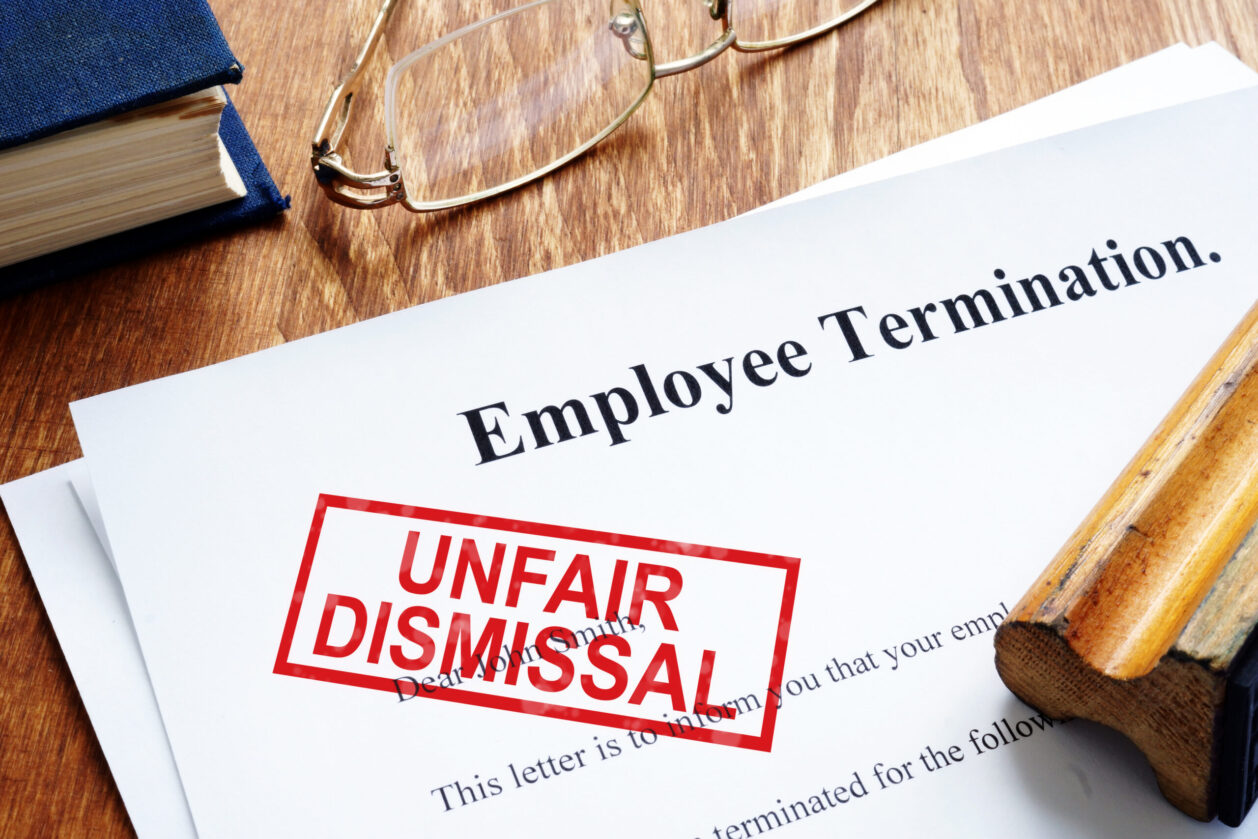When two vocalists sing a two-part harmony it can lift music to a higher level.
Likewise, industrial relations – when the employer and the employee have good relations – it can lift your business to another level.
Industrial Relations is about balancing the interests of the employer and employee to run a profitable business that will benefit everyone – it’s also known as the employment relationship.
Human Resources is different because it incorporates stakeholders from within and outside an organisation.
Regarding employees, industrial relations is about working conditions and pay rates.
It is similar to walking a tightrope; creating harmony between ensuring the employer’s business runs smoothly, productively and as profitably as possible, against what is right and fair for employees working for that employer.
Ryan Martin, Manager of the Workplace Relations division in CCIWA, says businesses involved with mine site or construction projects may have an enterprise agreement, but most small to medium businesses are unlikely to have significant union requirements.
Employees in the national system are covered by the Fair Work Act 2009 (Cth) (the FW Act) and applicable modern awards or enterprise agreements.
In WA, we also have the Industrial Relations Act 1979, that covers employees working for businesses that are not considered to be a national system employer.
“These people include sole trader, partnership, trust and non-constitutional corporations,” Martin says.
“Not-for-profits also can fall into the state system. Advice and also the wage line is provided by the Department of Mines, Industry Regulation and Safety (DMIRS) and if there is a dispute, the matter is referred to the WA Industrial Relations Commission.”
The general protections provisions of the FW Act means that a person doesn’t have to be an employee to have rights and protections.
For example, if you didn’t hire a woman because she might be pregnant, then she may have a claim against you for discrimination.
There are also specific rules regarding what constitutes a business and contractor relationship and an employer-employee relationship.
A court will determine the level of control regarding:
- whether the contractor is working for anybody else
- whether they are operating to make a profit for themselves
- whether there are uniforms, business cards or other things.
If it is determined the contractor is an employee, the courts will find you liable to pay your employee under the applicable employment conditions.
The WA Industrial Relations Commission’s aim is to prevent and settle disputes, and deal with industrial matters in WA using conciliation or, if needed, arbitration.






